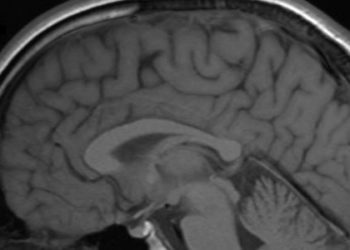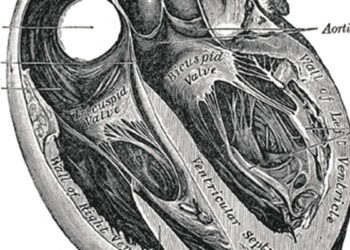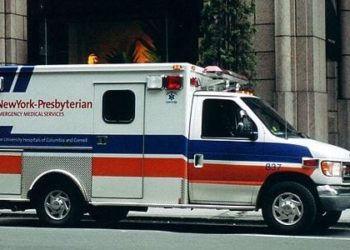In-person follow-ups better superior to telehealth for preventing repeated hospital presentation following emergency department visits
1. Among patients discharged from the emergency department, individuals with telehealth follow-up visits were more likely to return to the emergency department compared to individuals with in-person follow-ups.
Evidence Rating Level: 2 (Good)
Many patients who present to the emergency department are frequently discharged home without requiring admission to hospital. However, outpatient follow-up in these individuals may be essential in reducing mortality rates as this often guides decisions on future hospitalizations. The recent integration of telehealth into healthcare may increase availability of follow-up appointments but patient outcomes with this modality is not known. In this retrospective cohort study, 12 848 adult participants discharged home from the emergency department were examined for return to emergency department within 30 days of follow-up appointment. Rate of inpatient hospitalization and observation stays were also assessed. The results of this study showed that after adjusting for sociodemographic factors, acuity of illness, and medical complexity, telehealth follow-ups resulted in 28.3 more emergency department returns (95%CI 11.3-45.3) compared to in-person visits (aOR 1.23, 95%CI 1.09-1.39). Additionally, individuals with telehealth follow-up also had increased hospitalizations compared to in-person follow-ups. In conclusion, among patients discharged from the emergency department, individuals with a telehealth follow-up visit were more likely to return to the emergency department compared to those with in-person follow-ups. However, this study has several limitations to note. For instance, this paper only assessed whether patients returned to a hospital setting after their follow-up, but many individuals may have also visited other health care providers outside of the emergency department, which is not accounted for by this study. Additionally, this study was only conducted at a single academic medical center in one country and as such, these findings cannot be generalized to a broader population. Nevertheless, with new advancements in technology and telehealth, further studies and randomized clinical trials assessing the impact of online visits on patient outcomes could be quite informative.
Click to read the study in JAMA Network Open
Image: PD
©2022 2 Minute Medicine, Inc. All rights reserved. No works may be reproduced without expressed written consent from 2 Minute Medicine, Inc. Inquire about licensing here. No article should be construed as medical advice and is not intended as such by the authors or by 2 Minute Medicine, Inc.







